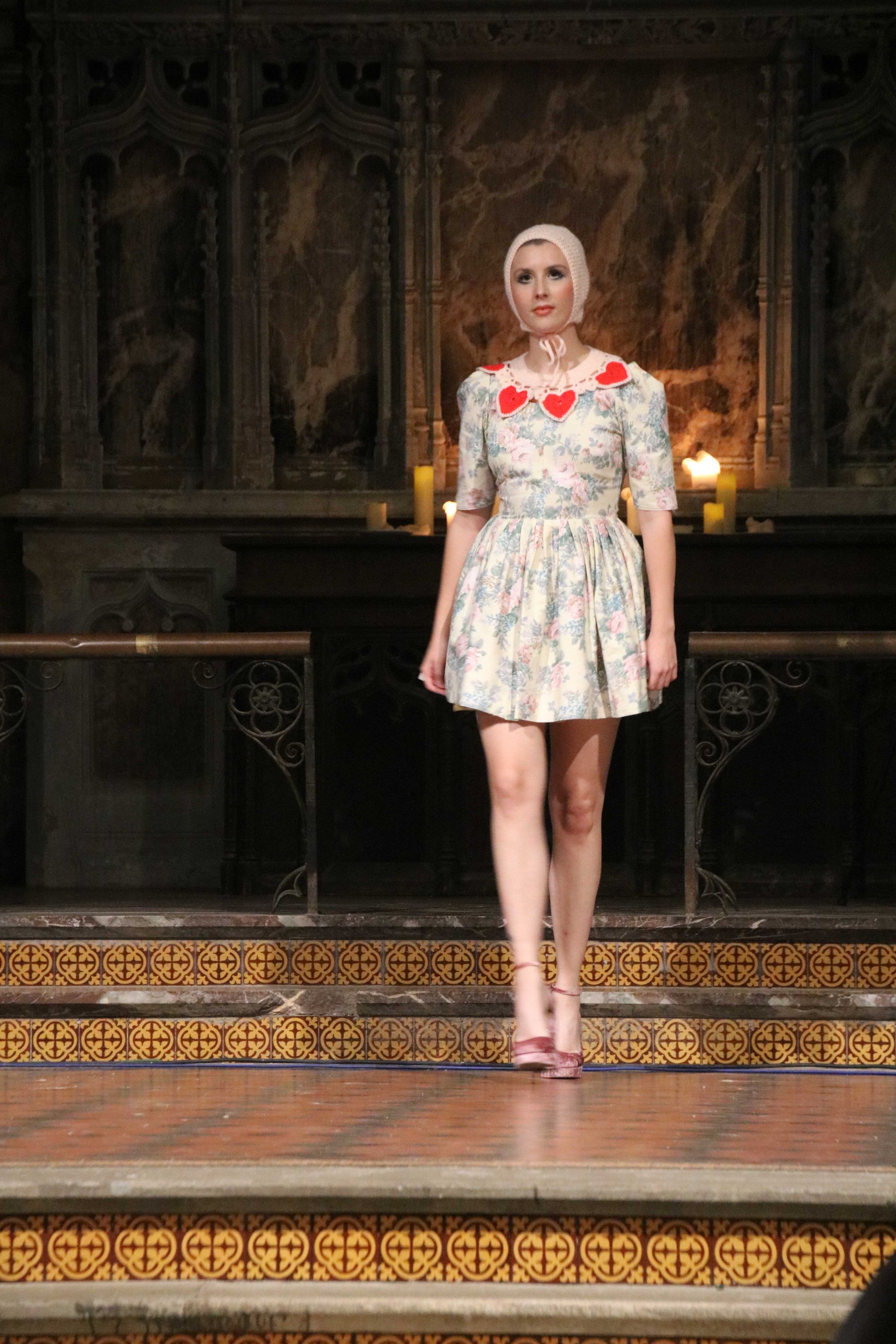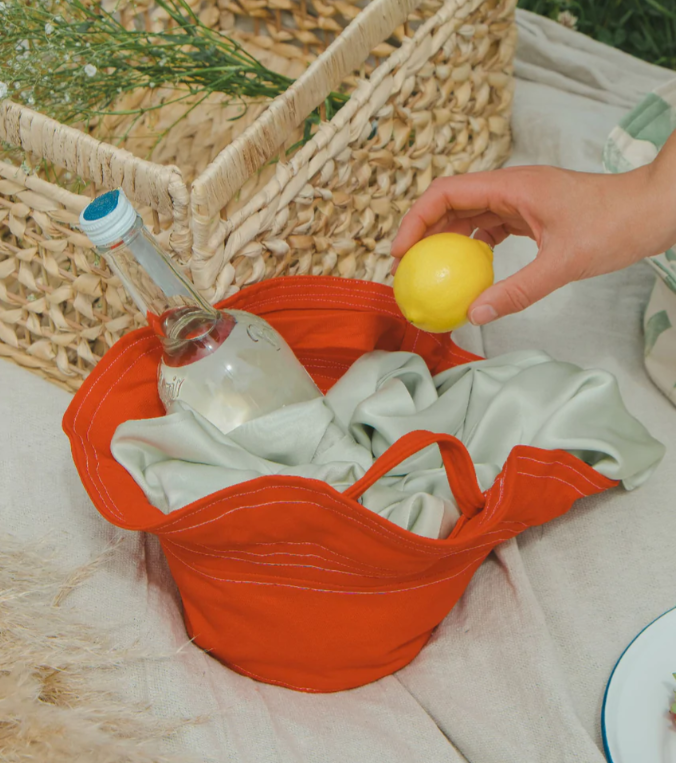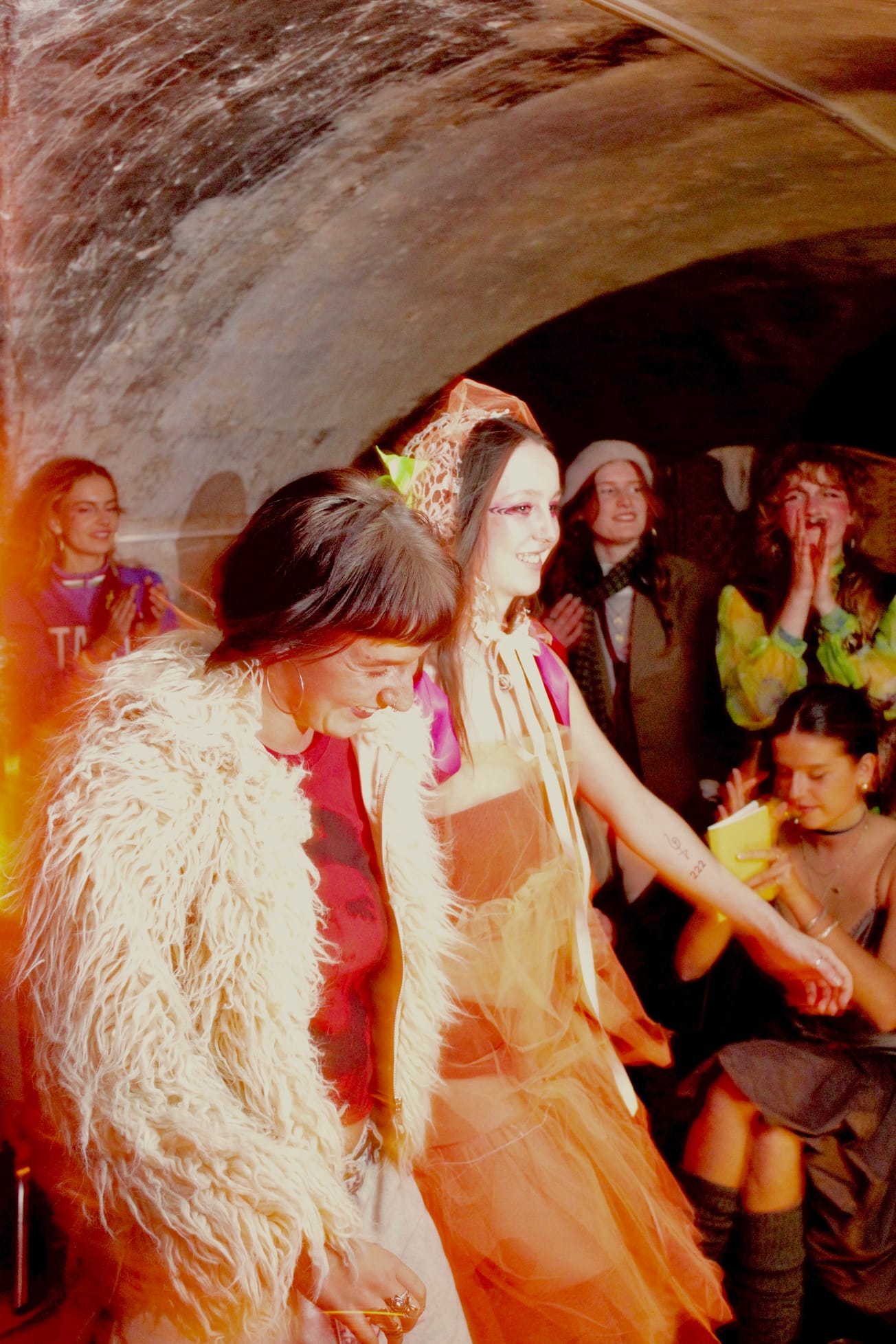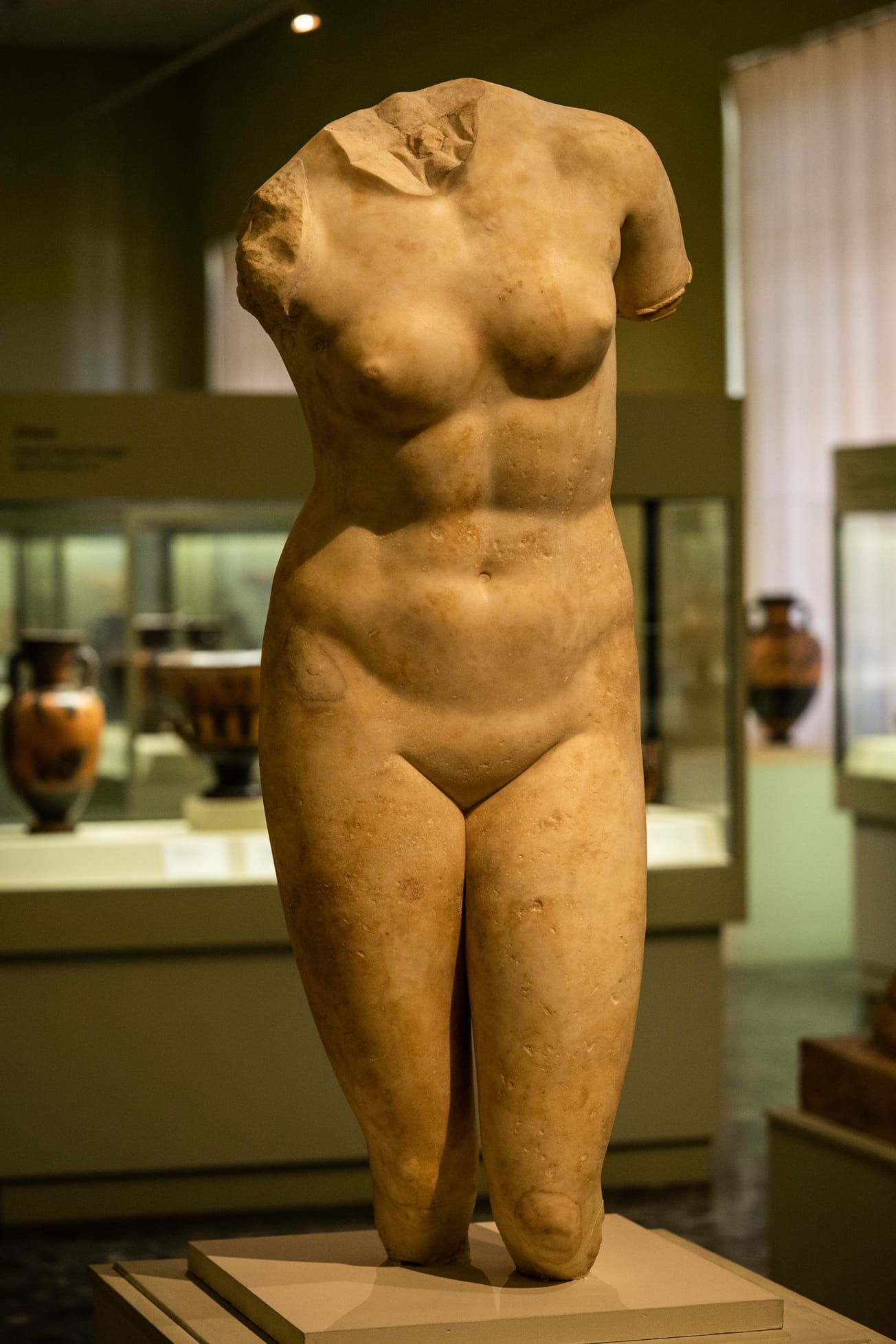By Molly Grogan, Third Year English
The Croft Magazine // In a city that prides itself on its environmental commitment, could Bristol be the centre of a sustainable fashion revolution?
If you know anything about the editors of the Croft’s Style section, it’s that we LOVE sustainable fashion. And, in our current climate, we know it’s high priority on everyone’s mind, providing all fashionistas a planet-friendly way to indulge their stylishly expressive lifestyles. Last Thursday, I had the pleasure of being invited to one of the many events happening during Sustainable Fashion Week, a Bristol-based but nationwide drive to rethink the way we shop and wear. Amelia Twine and Amber Rochette’s aims (the founders of SFW) can be succinctly summarised into the four hashtags emblazoned across the pamphlet; #regenerate, #rewear, #repurpose, #reconnect. Basically, the goal is to cultivate a more knowledgeable and engaged consumer mindset, demanding the facts and figures of our clothing’s material and human origin, in the hopes of working towards a “sustainable” fashion industry that, in their own words “does no harm, is based on a culture of exchange, and is fuelled by collective action”.
Amelia Time sat down with Maria Loria of WearMyWardrobeOut, Meg Cox, a stylist from bristol's favourite clothing hire spot Clothemod, and Jess strain owner of slow fashion brand Ovrbloom. Innovators in their field, we sat down to hear about their years of experience, and the future of the slow fashion industry.
The evening began with a question for the audience; do you feel confident making sustainable fashion choices? I reluctantly raised my hand. Sure. I buy from Depop. I know charity shops are king. I limit my purchases from fast-fashion chains and avoid splurges on multiple “trendy” items at once. I quickly learnt that this was only the half of it.

Maria Loria of WearMyWardrobeOut spoke about her brand’s mission to slow down throwaway fashion by renting out her personal and curated collection of vintage and pre-loved items until they have reached the very end of their “useful” life, in a bid to reduce fashion wastage. She also provides a tailoring service, available via monthly subscription, where clients send her the items that don’t ever seem to fit totally right. This seemed to me an absolutely genius solution since I know we’ve all got that one (or multiple) pair of trousers that don’t fit totally right and end up sitting at the very bottom of our wardrobe until we finally grow sick and donate them. Perhaps we can expect to see more tailoring and alteration shops popping up on the high street in the years to come.
“Does no harm, is based on a culture of exchange, and is fuelled by collective action”
Sustainable stylist and resident artist at everyone’s favourite Bristol Park Street thrift store, Clothemod then shared her tips on colour theory (basically, throw it out the window, wear what makes you feel good) and spoke about her tailored styling business, which sources sustainable, one-of-a-kind vintage pieces for clients based on their own personal style. She explained that this helps busy people make conscious fashion choices whilst also stepping out of their comfort zones, priding herself on incorporating lots of colour and unique prints.

Lastly, Jess Strain from Ovrbloom, founder of the ingenious and innovative ‘hatbag’ (yes, it is indeed a bucket hat that transforms into a handbag), spoke about the greenwashing she began noticing everywhere in her time at university.
"We need radical transparency" Jess from Ovrbloom told us.
Using the term “radical transparency”, Jess aims to provide origin reports for every single item she produces, from the source of their organic cotton to the wages that their garment workers were paid. And all of this without trawling through a text-book-length report, providing a nifty QR code inside every hat she sells. Producing only what is ordered, each piece is made to order to avoid wasted stock and, ultimately, further garment landfill. Otherwise, both she and Amelia reiterated that, most importantly, we must start to demand and pressure for this same transparency from big brands, as well as be aware of the impacts of the materials on our own health, like the dreaded polyester.
Events like this are truly what make Bristol such a special city. Paving the way for a more sustainable future, it left me feeling, above all, hopeful. That we live amongst creatives striving to make a change in accessible and interesting ways makes me think that something good is coming for the fashion world, and Bristol is where it all could start.
Featured image: Ovrbloom
Do you see a future for sustainable fashion? Let us know!









